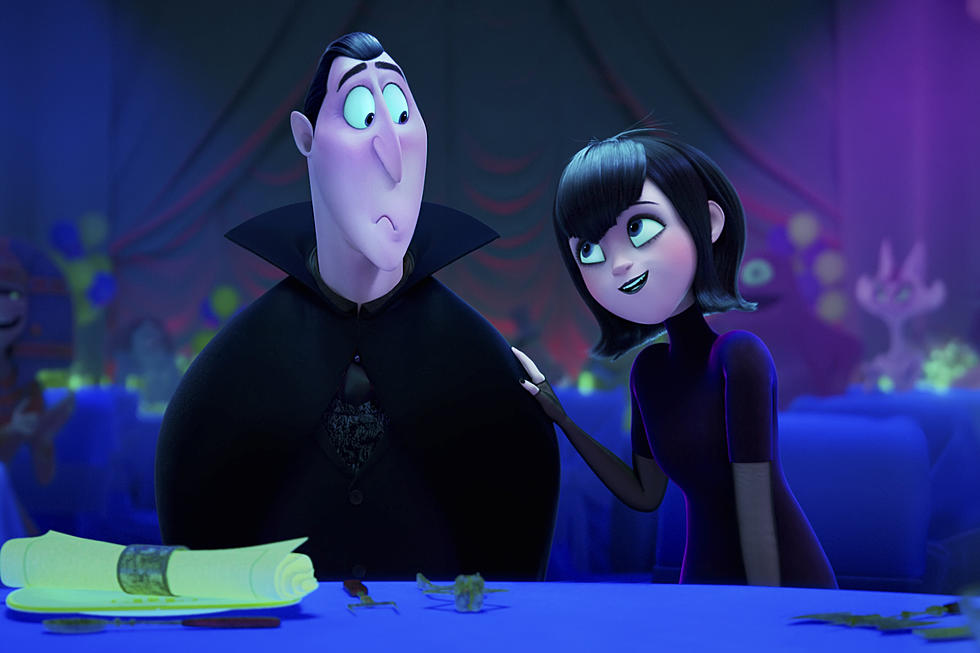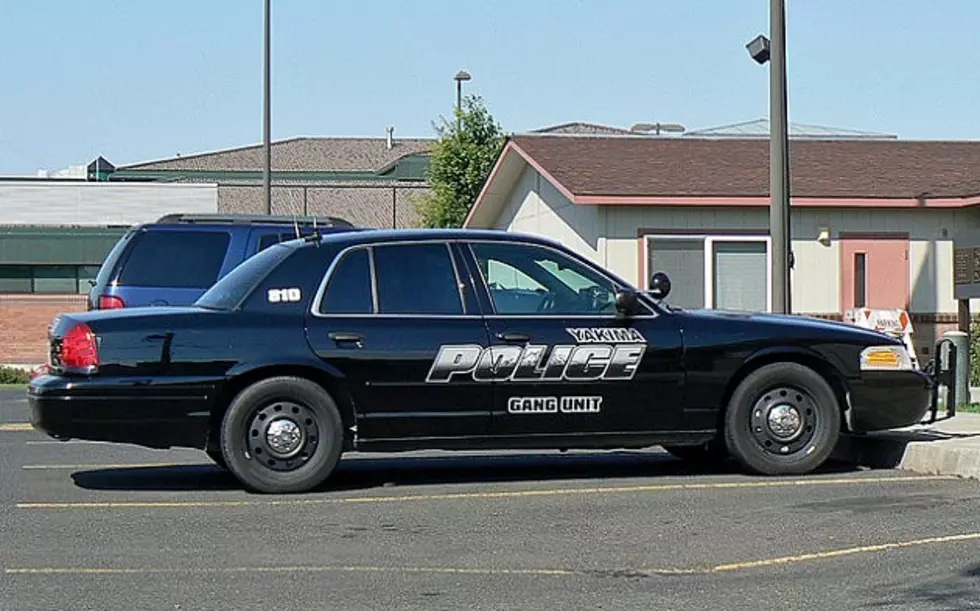
Want Traditional Country? Look to the Genre’s Black Women
There is a neo-traditionalist movement afoot that has the potential to dynamically alter the future of country music.
Far from the madding crowds of Nashville’s Lower Broadway and the boardrooms and industry offices on nearby Music Row, it’s happening in the genre’s ancestral home of Bristol — on the Tennessee/Virginia border — at the city’s Rhythm & Roots Reunion, and in the sleepy environs of East Nashville, during AmericanaFest. Impressively, Black women artists are leading the charge on diving deep into the cauldron of sounds that birthed country music in 1927 — blues and folk — to retroactively evolve country music’s future.
These women — part of the most consistently marginalized and traumatized, and yet still considerably essential, creative group in America's musical history — are making sounds that cohesively reconnect country music to its ancestral roots. They’re creating songs that are vital to understanding America’s best foot forward, past our incredibly imperiled present.
At the 2021 Bristol Rhythm & Roots Reunion (Sept. 10-12), Amythyst Kiah played multiple sets. Born and raised in Johnson City, Tenn., she's typically a banjo- and electric axe-wielding powerhouse with blow-you-away blues, jazz and rock chops, so songs such as “Firewater,” “Fancy Drones” and “Black Myself” typically sound — as they should — like bold proclamations of humanity couched in masterful versions of sounds borne into one culture and commercially consumed by another.
However, her second set, on Sunday afternoon (Sept. 12), was indoors, at the Paramount Center for the Performing Arts; she performed solo, on an unadorned stage that dwarfed her as she sang songs from her 2021 album Wary + Strange, her most personal record yet. Though lacking the power of the backing band that usually amplifies her incredible message, Kiah still succeeded: The unvarnished sounds she made offered a finesse that turned hooks into influencing earworms. In fact, she excelled so much that her performance received a standing ovation from a crowd of predominantly white, Appalachian-born patrons.
Then, of course, as a child of the region emerging as a star in country music does when surrounded by fellow Appalachian country fans, she sang the Carter Family’s “Can the Circle Be Unbroken.”
If you think ditties about sad songs and waltzes, Ruby not taking her love to town, Fancy not letting her mother down and tending to frail wildwood flowers are the best of what country music has to offer, there’s hope. And, intriguingly enough, there’s a crowd of people willing to accept the sounds, as much as the humanity, of those Black women artists — and the artists regarded as allies and stars emerging simultaneously — as essential to the neo-traditional revolution (as in, “re-evolution”) of country music to its direct roots.
Artists including Coloradoan and Oh Boy Records-signed folk-country artist Emily Scott Robinson and the West Virginia-born and Rounder Records-signed Sierra Ferrell — who gave earnest, stellar performances of songs including “Old Gods” and “In Dreams,” respectively, at Rhythm & Roots and AmericanaFest — stand out. Moreover, they made a solid argument to be placed alongside the creative output of current Billboard chart-topper Lainey Wilson, beloved Americana group (and Americana Honors & Awards highlight) the Highwomen and rising star Lily Rose to represent a broadened scope of sounds, ranging from folk to pop to soul, that fit pretty well in a retrofitted version of where commercially ultra-viable sounds in country music could be headed.
The recent AmericanaFest 2021 (Sept. 22-25 in Nashville) was a space where Valerie June presented her folk-drenched, celestial soul at a superstar level. Black liberation theology and Afrofuturism met Americana, and the lenses of Black queer representation and Black female representation — via artists including Kiah, Allison Russell, Yola, Brittney Spencer, Adia Victoria, Joy Oladokun, Lilli Lewis, Queen Esther and Miko Marks — were a top-line priority.
This change made the feeling of transition palpable. At the 2021 Americana Honors & Awards, upon winning Emerging Act of the Year, Charley Crockett apologized for besting Kiah, Oladokun and Russell (as well as the white artist Waxahatchee). Moreover, just as Maren Morris did at the 2020 CMA Awards, Brandi Carlile accepted the Artist of the Year honor and immediately praised the incredible talents of June, Kiah, Oladokun and Russell, her competition in the category.
In one vein, country music is as close to the mainstream and closer to denying its roots than ever before. But if you dig to its core, the best of the genre’s traditional, beloved vibes are both on the rise and yet to come in an unexpected, yet long-deserving, place.
These Country Artists Are Keeping Traditional Country Alive:
More From 92.9 The Bull





![Blake Shelton Completes His ‘The Voice’ Season 21 Team With Rock Singer Tommy Edwards [Watch]](http://townsquare.media/site/204/files/2021/10/attachment-tommy-edwards-the-voice.jpg?w=980&q=75)




